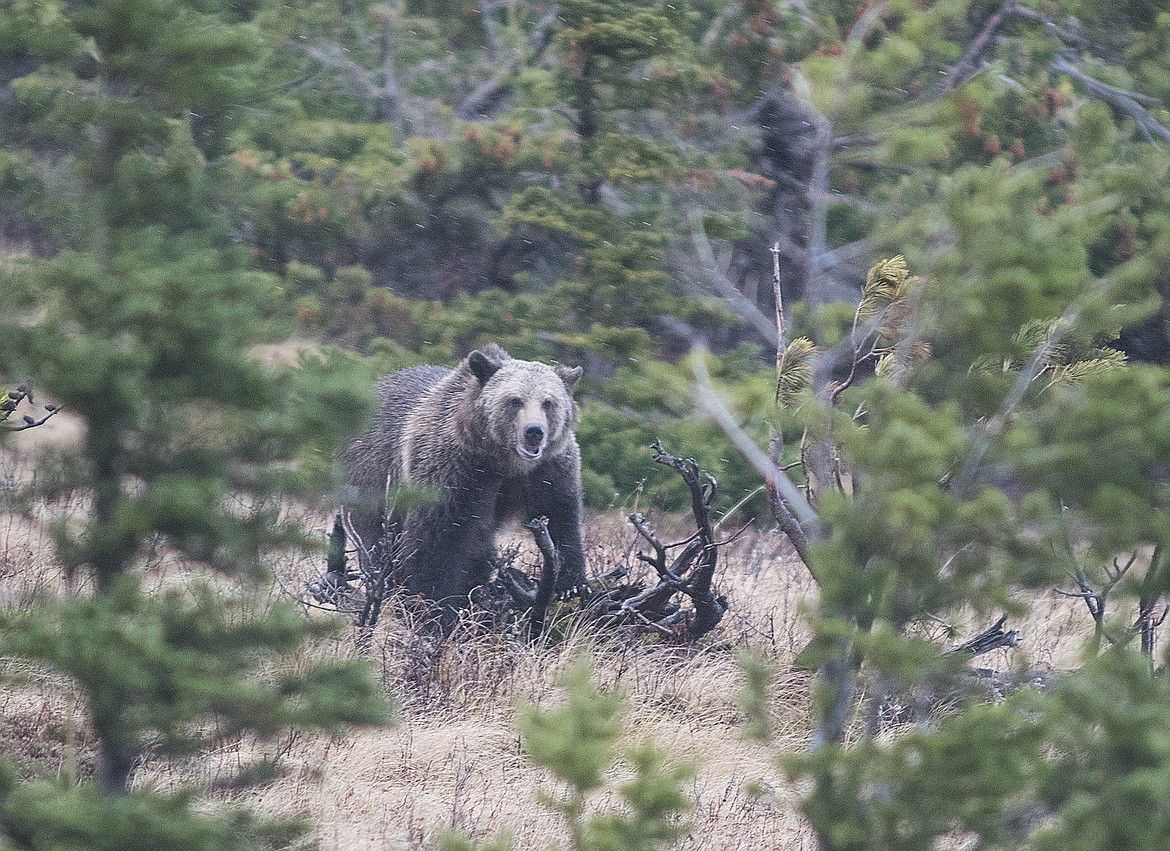Grizzly Council releases final report, most agree on limited hunt
Gov. Steve Bullock’s Grizzly Bear Advisory Council issued its final report to Bullock on Thursday.
“The Grizzly Bear Advisory Council members embraced a true commitment to collaboration in the interest of identifying common ground on a host of issues facing conservation and management of this iconic species,” Bullock said in a release. “I’m grateful for their hard work and look forward to advancing the implementation of many of their recommendations in concert with partners across the state.” Bullock formed the 18-member council in July of last year. After a year of meetings, the committee crafted a host of recommendations by consensus on how best to manage grizzly bears once they’re removed from the Endangered Species List.
The recommendations cover a wide gamut of grizzly bear related actions, from continued funding of bear management biologists to education programs on non-lethal methods to deter bears and protect people, livestock and pets.
It also calls for full funding of the Montana Livestock Board to compensate ranchers for losses from grizzly bears. Bears have expanded their range to the east in recent years and conflicts with ranchers that are well away from the Rocky Mountain Front have been on the increase.
But while there was consensus on most topics, the committee parted ways on hunting bears. Fourteen members supported a limited hunt of grizzlies, while four did not.
Opponents cited several concerns, including possibly impeding movement and population linkage of bears between conservation areas. They also claim that hunting would not target problem bears.
The-pro hunting members noted that the North American model of game conservation includes hunting. They also argue that regulated hunting could provide a tool to manage bear numbers.
A hunt, if it comes to be, should be limited in size and scope, the recommendations say, with a tag being a once-in-a-lifetime opportunity.
The hunt should have seasons that avoid killing of females, targeting only individual bears, without the use of bait or other attractants. They also recommend that hunters be strongly encouraged to carry bear spray, though the recommendations stop short of requiring it.
The document immediately drew critics.
“We are deeply disappointed that the council did not come out strongly against a trophy hunt which could dramatically set back recovery efforts. Failing to recommend against a trophy hunt goes against an overwhelming majority of public comment as well as the position of Tribal Nations who hold the grizzly sacred and strongly oppose trophy hunting,” Bonnie Rice, senior representative for the Sierra Club’s Greater Yellowstone/Northern Rockies campaign said in a statement.
The Blackfeet Tribe in the past has said it opposes a grizzly hunt and even held protests in Glacier National Park a few years ago.
But there’s a push to get at least some of Montana’s grizzly bear populations delisted sooner rather than later.
Montana Sen. Steve Daines introduced a bill last year to delist the grizzly bear in the Greater Yellowstone Ecosystem, where about 750 grizzlies roam the landscape in Montana, Wyoming and Idaho near Yellowstone National Park.
Daines said in a release his bill would also prevent any further court action on grizzlies in that region.

